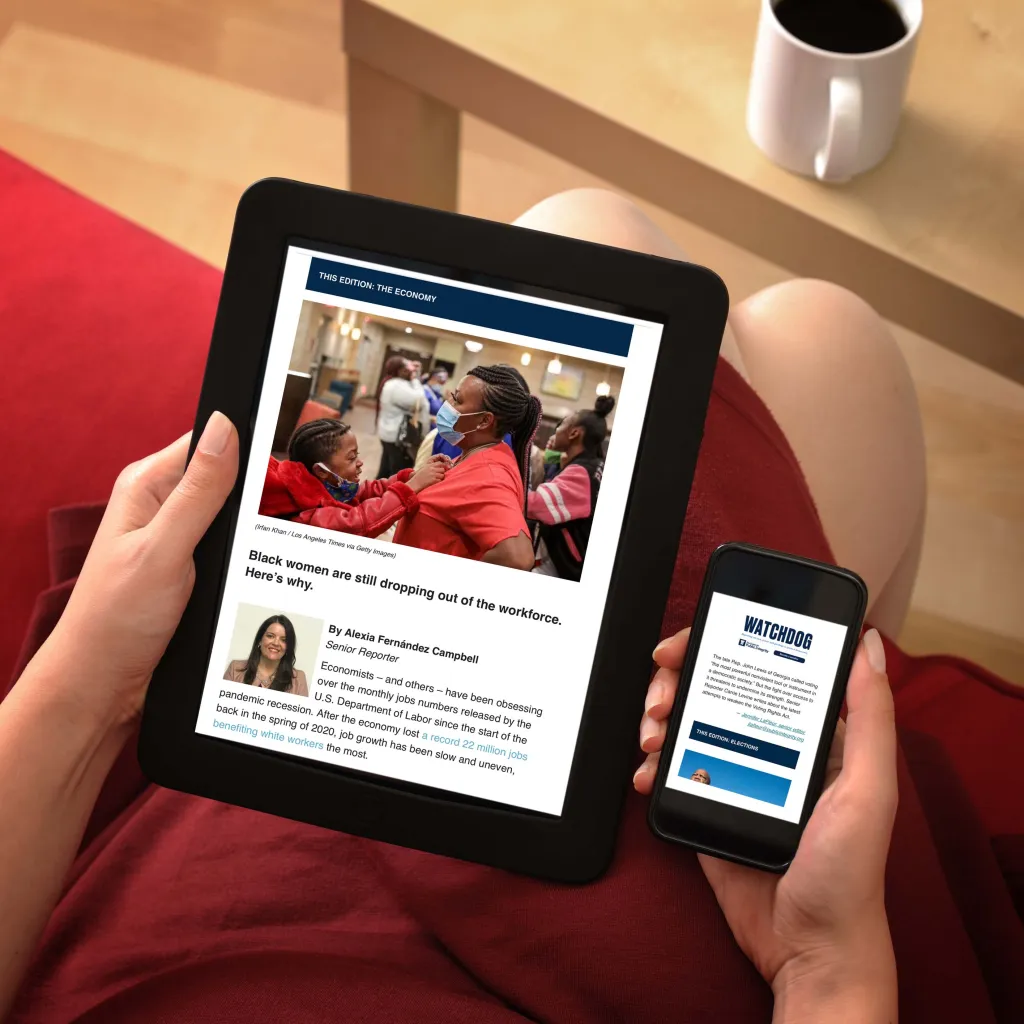Vermont’s progressive election laws have put it in the top 10 among U.S. states in voter turnout for decades. At the start of the COVID-19 pandemic, it switched to a universal vote-by-mail system for the 2020 election. Last year, it made that change permanent.
It’s easy to register to vote in Vermont — something you can do up to and on Election Day. The state doesn’t have strict voter ID requirements, offers an array of options to vote early in person, allows residents to return ballots by mail or drop box, and has an online voting system for voters with disabilities.
It also had a low rejection rate for absentee ballots in its Aug. 9 primary elections this year, despite the massive surge in their use. Only 317 ballots were not counted out of more than 132,000 cast after local election officials reached out to voters to correct errors such as missing signatures.
MIT ranked Vermont No. 1 among U.S. states in its Elections Performance Index for 2020. That measures a range of factors, including average voter wait time on election day (2.3 minutes, compared to the national average of 11.6).
Every citizen is eligible
Vermont and Maine stand alone among U.S. states in guaranteeing voting rights to every citizen over 18. They do not exclude people who have been convicted of felonies, including those currently incarcerated, unlike the other 48 states do in some form.
Such laws were created in the South following the Civil War as a tactic to prevent Black men, who outnumbered white voters at the time, from voting and running for office.
Vermont and Maine are the whitest states in the country and for most of the country’s history have had among the smallest populations of Black voters.
The only other jurisdiction in the U.S. that does not strip voting rights from incarcerated people is Washington, D.C., which until recently was a majority Black city.
Voting rights advocates have stressed, however, that just because incarcerated people are eligible to vote in Vermont doesn’t mean that they’re logistically able to.

About this series
This project looks at the state of voting access, voting rights and inequities in political representation in all 50 states and Washington, D.C.
Local experiments upheld in court
Within Vermont, individual communities are experimenting with new approaches to local elections.
Burlington has adopted a ranked-choice voting system for municipal elections similar to what has been adopted statewide in Maine and Alaska in recent years.
And two other cities — Montpelier and Winooski — have allowed non-citizens to vote in elections for local offices such as city council and school board. Republicans challenged both with lawsuits, but they were rejected by courts in April and September.


